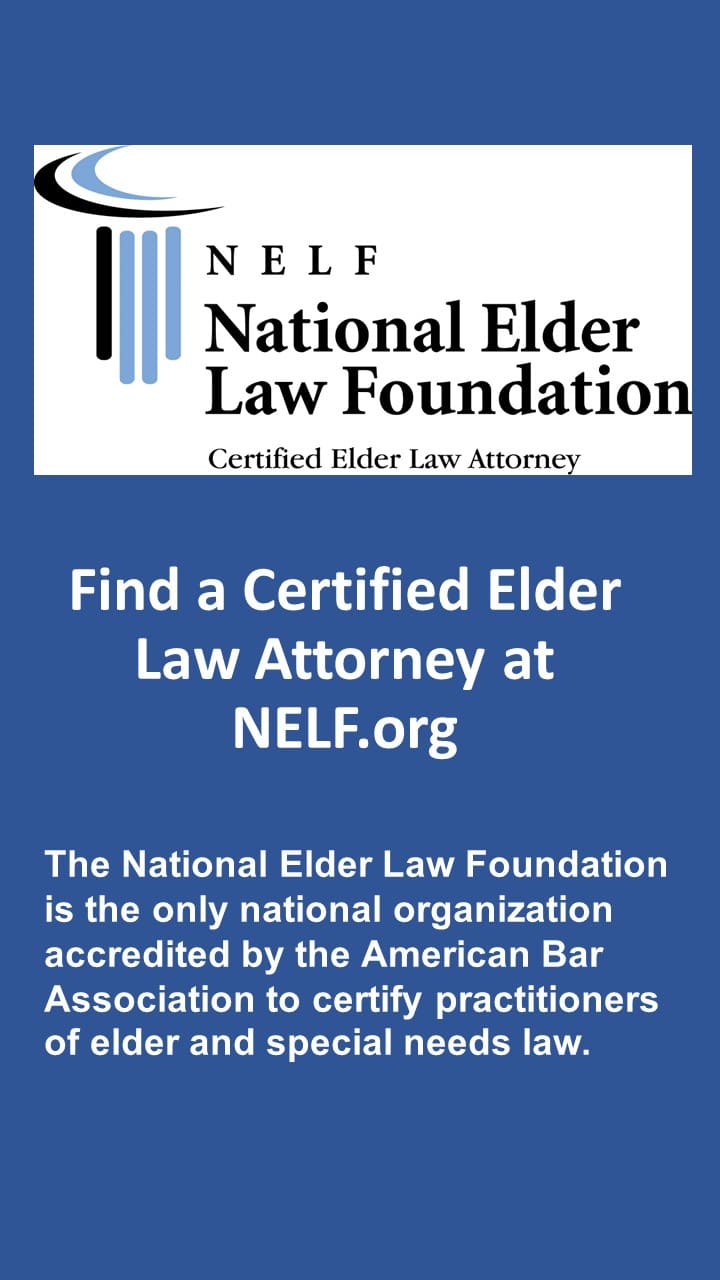In Farmer v. Farmer (decided March 15, 2024), the Georgia Court of Appeals reversed the trial court’s grant of summary judgment in favor of a land owner, finding that his aunt could present her claim to a jury that a life estate was given to her.
The ordinary rule is that contracts involving land must be in writing. This is part of what the law calls the statute of frauds. See OCGA § 13-5-30(a)(4). There is, however, an exception in equity at OCGA § 23-2-132. There, the law states:
Specific performance will not be decreed of a voluntary agreement or merely gratuitous promise. If, however, possession of lands has been given under such an agreement, upon a meritorious consideration, and valuable improvements have been made upon the faith thereof, equity will decree the performance of the agreement.
In the Farmer case, Mary Ann Farmer had moved away from the family property. In 1995, her mother, Rose, was hospitalized and and could not return home alone. Rose asked Mary Ann to come live with her, taking care of her, and that Rose would make it right. In June of 1995, Rose called her children together and said she was leaving the 17.62 acres to her son, but that she and Mary Ann would live in the home and surrounding property for the rest of their lives. Both Mary Ann and her brother, Terrell, took that as an explanation concerning how Rose would make things right after Mary Ann came home to care for her mom. Rose lived on the property until she went to a nursing home and Mary Ann continued living on the property until 2020, which was five years after her brother died. In June of 2020, Terrell’s son (Bo) sent Mary Ann an eviction notice. His argument was that his aunt was a tenant at will and he could kick her out.
Mary Ann filed suit, alleging among other claims, that she could specifically enforce the life estate, that in the alternative, she was entitled to reimbursement for the $46,000 in repairs and improvements she spent on the property. She also made a claim for attorneys fees. The trial court granted the nephew’s motion for summary judgment and tossed out Mary Ann’s case. She then appealed.
On appeal, the Georgia Court of Appeals essentially said “not so fast.” Citing Milton v. Milton, 192 Ga. 778 (1941), the Court of Appeals said a party may seek specific performance by showing “(1) The promise to give; (2) a meritorious consideration; (3) an entry by him into possession in pursuance of the gift and (4) that on faith thereof he made valuable improvements. … Also, “the land involved must also be sufficiently described.”
The trial court had narrowly interpreted Milton to require that possession meant physical possession after the promise was made. Since Mary Ann had come home to care for her mother prior to the oral promise, the trial court found that she failed the entry into possession element of Milton. It also found that the land was not sufficient described. The Court of Appeals held otherwise. There was
evidence that Mary Ann Farmer entered into possession in law based on her mother’s promise of a life estate. Mary Ann Farmer testified that after she moved out to reclaim her independence, she rebuffed her mother’s repeated requests to return home for years, and only returned to the home place after her mother’s promise to “make everything right” — a promise which Mary Ann Farmer claims her mother later “clarified” during the June 1995 meeting as the right to live in the home place for the rest of her life. Then, after Rose Mary Farmer had conveyed the land to Terrell Farmer, Mary Ann Farmer continued to live in the home place after her mother went to a nursing home, for more than 20 years after she subsequently died, and even after her brother later conveyed the land to his son. Under these circumstances, a trier of fact could find that Mary Ann Farmer’s continued possession of the home place was on reliance of her mother’s promise of a life estate.
Regarding the description of the home, the Court noted that it was described in Rose’s Will and her husband’s Will. It was also known by virtue of the fact that Mary Ann had lived there for twenty years.
The Court also held that the nephew’s argument against unjust enrichment was bogus. Although you can give valuable assets to someone without entitlement to a refund or repayment, that is not the case when you induce someone to believe the investment was not a gift. Specifically,
The concept of unjust enrichment in law is premised upon the principle that a party cannot induce, accept, or encourage another to furnish or render something of value to such party and avoid payment for the value received; otherwise the party has been unjustly enriched at the expense of another and, in fairness and good conscience, must reimburse the other to the extent of the value conferred. Inherent in unjust enrichment is the requirement that the receiving party knew of the value being bestowed upon them by another and failed to stop the act or to reject the benefit.
The nephew never took any action to disabuse his aunt of the notice that she held a life estate. He just sat back and allowed her to spend her money before swooping in to claim the property and kick her out. “Under these circumstances, a claim for unjust enrichment may lie.”
Finally, the Court of Appeals reversed the trial court’s grant of summary judgment on attorney’s fees.
Now, does this mean Mary Ann wins? No, but it means she will get her day in court and a jury can decide whether she is entitled to the benefit of her mother’s promise or whether the nephew can toss his aunt on the street.








